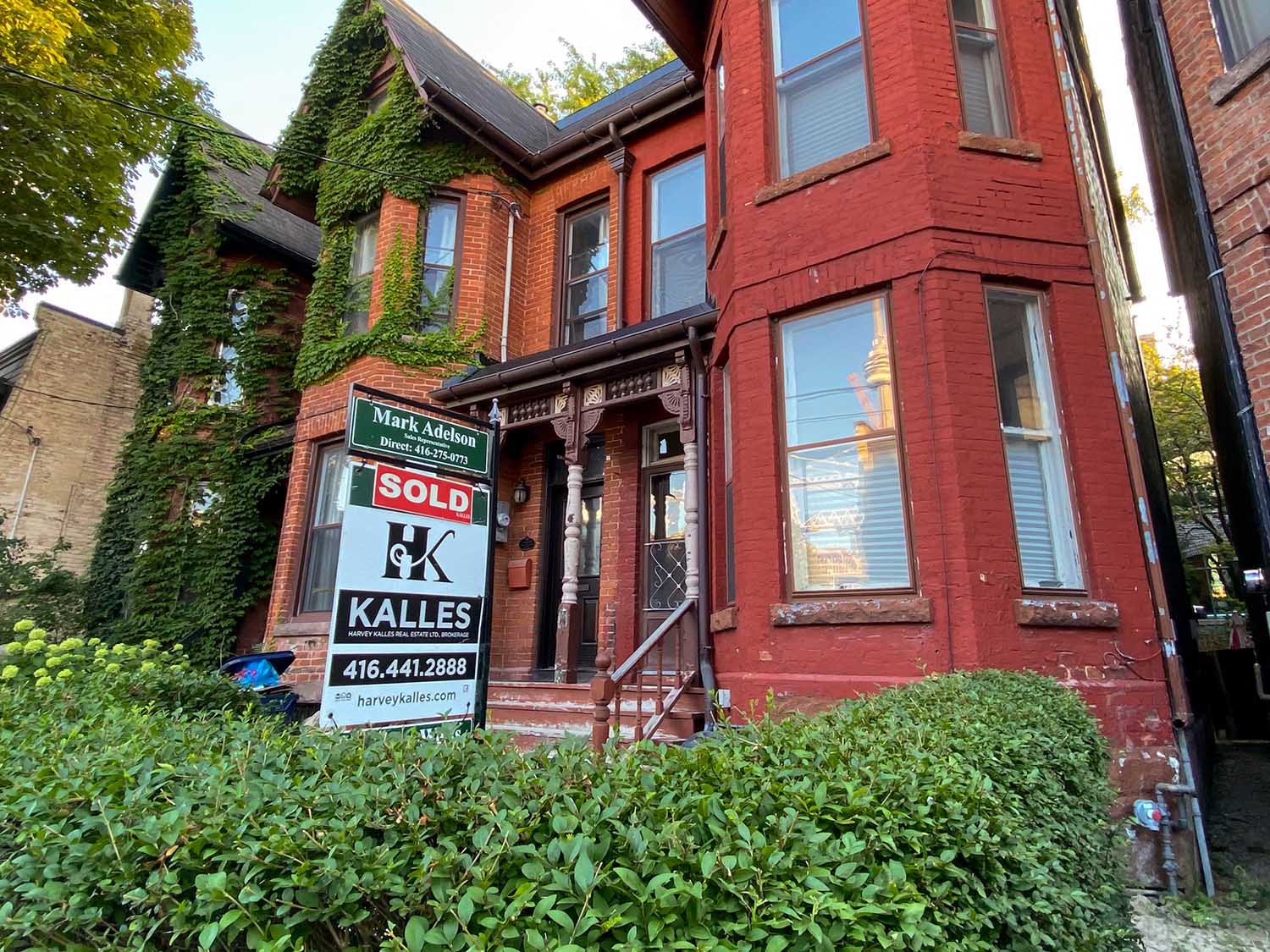Confused about what will change based on the recent Federal Election?
Below is an outline of the points that the Government will be addressing in regards to real estate:Construction and Development
- Build, preserve and revitalize 1.4 million homes by 2025-2026.
- Invest $4-billion into a Housing Accelerator Fund with a target of creating 100,000 new middle class homes by 2024-2025.
- Invest in e-permitting technology to speed up the building process and work with municipalities to identify vacant or underutilized properties for housing development.
- Increase funding to the National Housing Co-Investment fund by $2.7 billion over four years.
- Double the existing Budget 2021 commitment to $600 million for the conversion of office and retail space into housing. The federal government would work with local municipalities to speed up the conversion process.
- Create a 15 per cent Multi-generational Home Renovation tax credit for up to $50,000 in renovation and construction costs towards adding a secondary unit to their home for a family member.
- Create a tax-free First Home Savings Account that will allow Canadians under 40 years old to save up to $40,000 towards their first home.
- Adjust the First-Time Home Buyers’ Incentive (FTHBI) so that participants can either choose between the current shared equity option or a loan that is repayable when the property is sold.
Increase the First-Time Home Buyers Tax Credit from $5,000 to $10,000. - Reduce the price of Canadian Mortgage and Housing Corporation (CMHC) mortgage insurance by 25 per cent, and boost the insured mortgage cut-off level from $1 million to $1.25 million.
- Create a Home Buyers’ Bill of Rights that will ban blind bidding, create a legal right to a home inspection, create a publicly-accessible ownership registry and require real estate agents to disclose if they represent both sides of the sales transaction.
- Create an anti-flipping tax to require that properties be held for a minimum of 12 months. Canadians in certain life circumstances would be exempt from the tax.
- Ban foreign money from purchasing a non-recreational residential property for the next two years unless the property is confirmed to be used for future employment or immigration purposes in that two-year period.
- Extend the national tax on non-resident, non-Canadian owned vacant properties to foreign-owned vacant land. The tax will be implemented on January 1st, 2022.
- Collaborate with Indigenous partners to co-develop an Urban, Rural, and Northern Indigenous Housing Strategy.
- Work with Indigenous partners to create a National Indigenous Housing Centre with Indigenous People overseeing the federal Indigenous housing programs.
- Appoint a Federal Housing Advocate within the first 100 days to ensure government commitments towards ending chronic homelessness are being fulfilled.
- Introduce a rent-to-own program based on three components: the landlord must charge below market rate to encourage savings for a down payment, the landlord must commit to ownership in a five-year term or less, and homeowner safeguards will be put in place. $1 billion will be dedicated to develop rent-to-own projects.
- Deter unfair rent increases that lead to renovictions, and require landlords to declare on their taxes the rent they received pre- and post-renovation.
- Review the tax treatment of large corporate rental owners.
Source: Livabl_ by BUZZBUZZHOME

